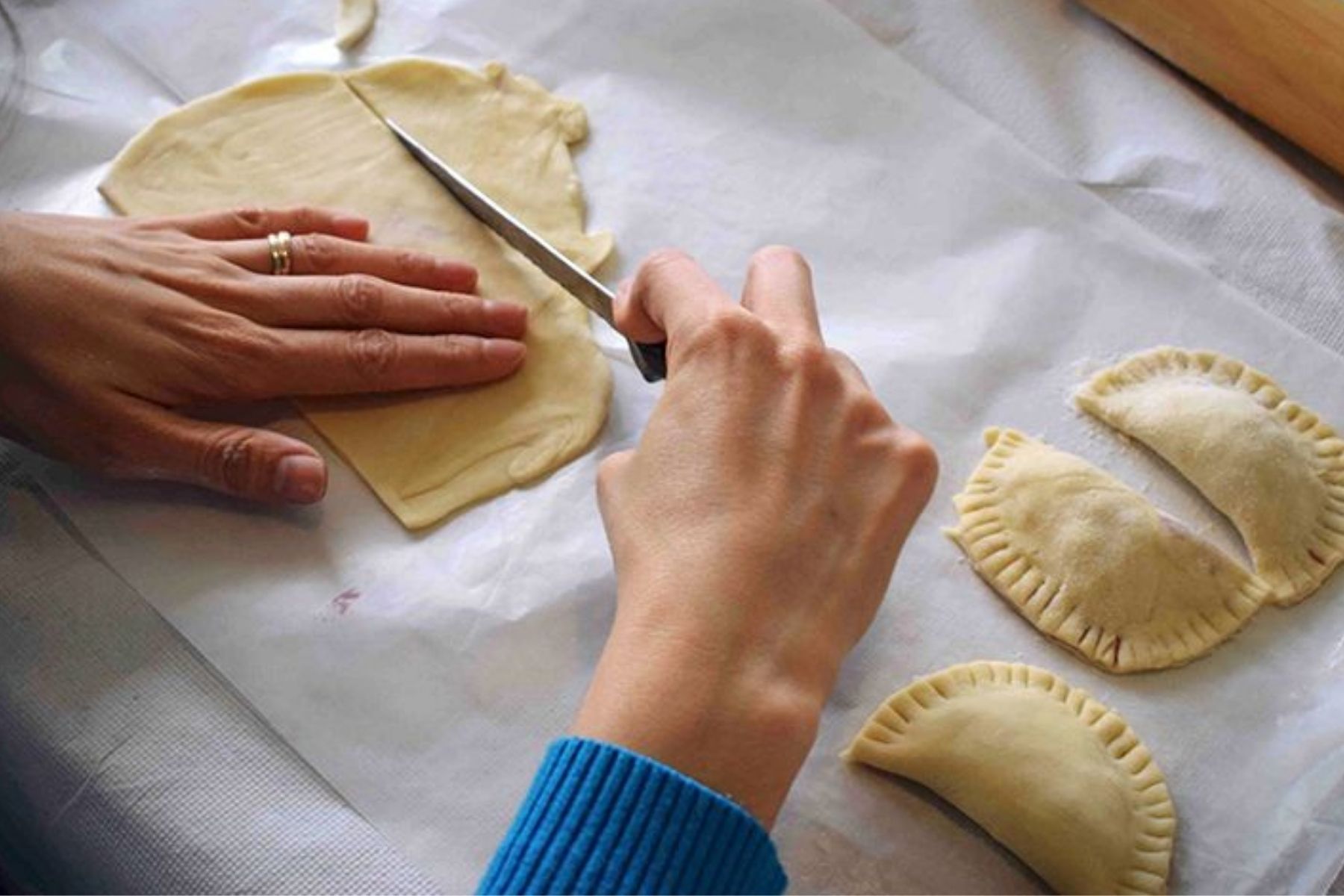Whether you’re making Perth’s best wedding cakes or whipping up curries for big crowds, there’s nothing like freshly-made food to draw a crowd. If you’re a talented cook, your MasterChef skills could be the gateway to starting a business. You could even have the opportunity to work from home.
Before you start to make money online or through other opportunities as a home based food entrepreneur, it’s important to make sure you have all the right ingredients in place. Here are our top tips to help you find the recipe for success.
Know your kitchen terminology
While you might know your bouquet garni from your Béchamel sauce, there are some terms that you’ll need to know in the food industry to run a safe and suitable business. These include:
- Food Act 2008
- Food Regulations 2009
- Food Standards Australia New Zealand Code
- Food Safety Management Tools
Put some training in the mix
Building trust and credibility can be harder for home based food businesses, as some customers may have concerns about food safety, hygiene, and professionalism. Providing transparent information about your products, production processes, and certifications can help alleviate these concerns.
If you don’t have any formal training in running a food business, it may pay to put some time into learning these skills.
Many local government authorities provide access to free food safety online training, helping business owners familiarise themselves with food safety knowledge. Enquire with your local council or search council name + food safety on Google.
You can also persue vocational educational and training (VET) courses offered via TAFE - some of which may be available at a subsidised cost. Search the hospitality, retail, tourism and events category to see if there is a course for you.
Get an appetite for compliance
Applying for the right licences and permits can take time, effort and money, but it’s an investment worth making.
Without the correct permissions, your food business could be just one ingredient away from a home-cooked disaster. Even with the best skill set and cleanest equipment in the world, factors outside of your control (such as ingredients and allergens) can easily have an impact on the food you serve. There are often stories in the news of salmonella or listeria outbreaks caused by food. Don’t take the risk – make sure your business can serve up legitimate and safe meals.
If you are planning to keep costs down by cooking at home, you will need permission from your local government. When you apply for the relevant licences, you’ll need to answer several questions, including:
- Is your proposed food business operation suitable for a residential area?
- Is the structure of your home and kitchen appropriate for the proposed activities?
- What kind of risks are involved in preparing the kind of food you want to sell?
Keep in mind, if you want to start a food truck business, you will also need to obtain the relevant approvals.
To get started, you might like to use our free online business licence finder. Just enter your suburb and business type to get a customised report outlining the licences and permits you’ll need and where to get them.
Consider other pathways
If your council doesn’t allow a food-based business to operate from your home, you could explore other business ideas to turn your love of food into a small business. For example:
- You might be able to operate from an already established and licensed premises, such as a café with a compliant kitchen, or lease a commercial kitchen by the hour to help keep costs down.
- You could start a food blog or review site to build your profile as a foodie.
- You might be able to start your own food outlet, buy an established food business or explore food franchise opportunities.
- you can network in our Facebook group "I'm a small business owner in Western Australia" to ask for advice on other food based business ideas.
Marketing your home based food business
Operating from home can limit the visibility of your business, as you won’t have a physical storefront or high foot traffic to help attract customers.
Establishing a strong online presence is crucial for gaining visibility and attracting customers, so it’s important to find cost effective ways to market your products, such as word of mouth referrals, social media marketing, and local community events.
If marketing isn't your strong point, attend one of our low cost sales and marketing workshops for practical information and guidance on how to promote your business and attract customers.
More information
For more help with your business ideas, learn more about our free small business advisory service or book your place in our next free Starting a Business workshop. You may also be interested in:




